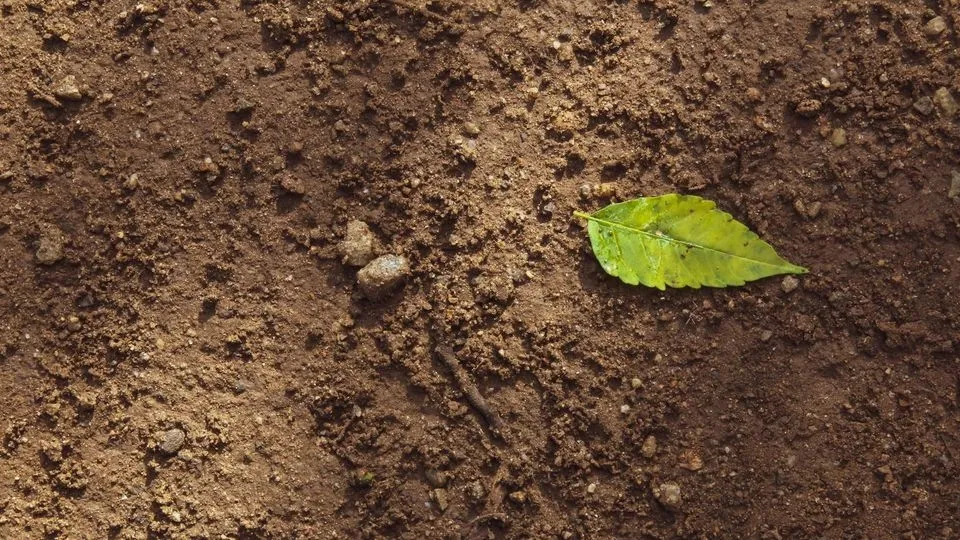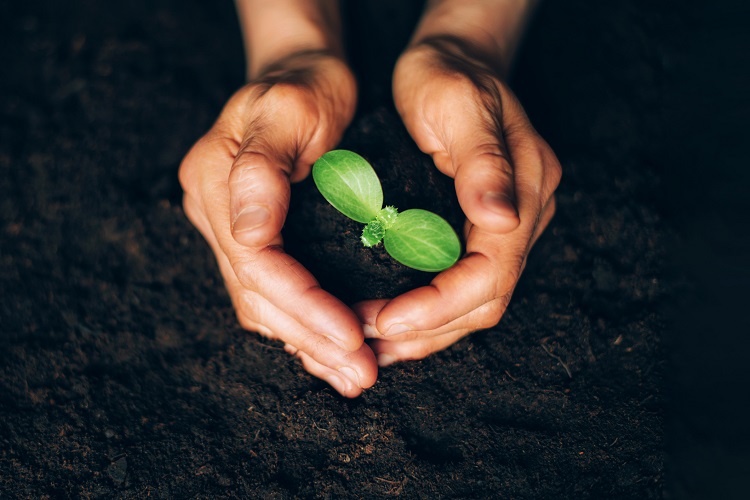A research collaboration involving University College London, the University of Edinburgh, and the UK Centre for Ecology & Hydrology has unearthed a significant imbalance concerning potassium management within the worldwide agricultural sector.
Potassium stands as a crucial element for soil fertility and crop growth, facilitating essential processes like photosynthesis and respiration. Its role in regulating stomata, the plant’s breathing holes, underscores its importance in managing moisture levels within plants.
According to the Potash Development Association (PDA), which offers technical guidance on potash usage, potassium is indispensable for all crops, grasslands, and livestock, emphasizing the necessity of maintaining soil fertility for sustainable yields.
Published in Nature Food, the study reveals a troubling trend: more potassium is being extracted from agricultural soils than is being replenished, posing a global threat to both livestock and food production.
While potassium deficiency in soil hasn’t garnered widespread attention as a food security risk, its unchecked progression could lead to diminished crop yields, placing immediate strain on food production systems. Approximately 20% of global agricultural soils are severely lacking in potassium, with certain regions facing more acute shortages than others.

Potassium Depletion in Soil: A Significant Menace to Food Security (Credits: Medriva)
Farmers typically utilize potassium-rich fertilizers to address soil depletion. However, supply constraints and environmental concerns cast doubt on the sustainability of this approach.
Recent years have seen erratic price fluctuations in potash, with a notable spike in April 2022 attributed to various factors including increased fertilizer demand, rising energy costs, and geopolitical tensions such as the Russian invasion of Ukraine.
The subsequent imposition of import sanctions by key importing regions further disrupted global potash supplies, exacerbating the price surge. Though prices have since moderated, they remain elevated, raising fears of inadequate fertilizer access for sustaining food production.
Critics argue against overreliance on fertilizers, citing environmental risks such as nitrogen pollution and associated health hazards. Calls for agricultural reform have grown louder, with environmental groups advocating for a systemic shift towards sustainable food production.
In response to the study’s findings, the research team proposed six recommendations aimed at averting potential crop yield declines, mitigating price volatility, and addressing environmental concerns:
1. Conducting a global assessment of potassium stocks and flows to identify high-risk countries and regions.
2. Establishing national monitoring capabilities to track and respond to potassium price fluctuations.
3. Supporting farmers in maintaining optimal soil potassium levels through further research on crop yield implications.
4. Assessing the environmental impacts of potash mining and promoting sustainable application practices.
5. Developing a global circular potassium economy to minimize usage and maximize recycling.
6. Enhancing intergovernmental cooperation through organizations like the UN to develop coordinated global policies akin to those for nitrogen.
In conclusion, the neglect of potassium management poses a significant threat to global food security, necessitating concerted efforts towards sustainable agricultural practices and policy interventions.























